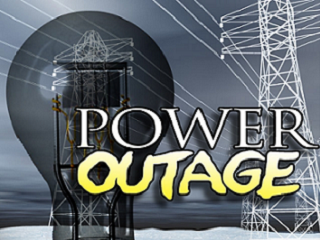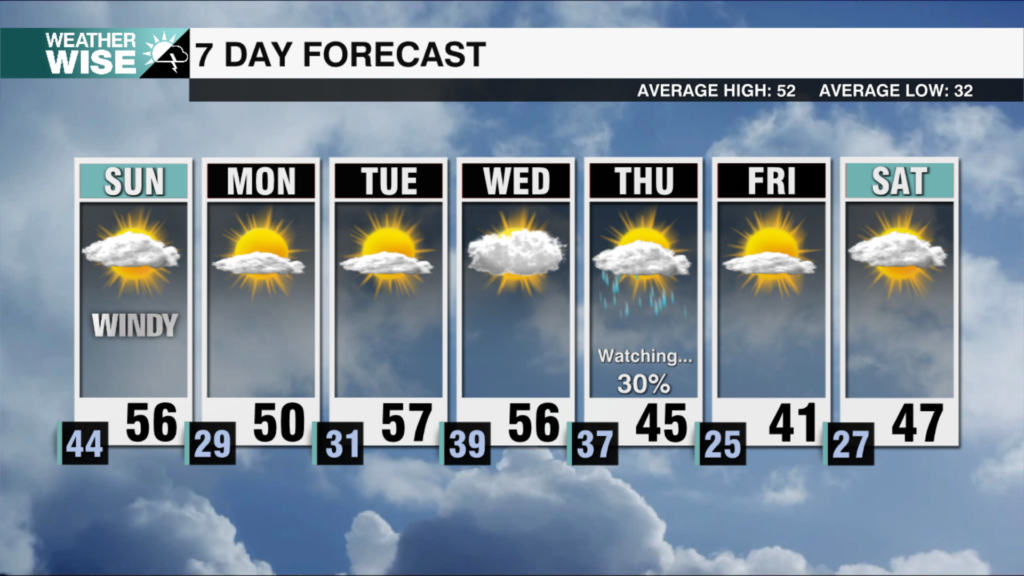
As a winter storm continues to pummel South Carolina, the number of power outages continues to soar.
The latest count Wednesday shows there are about 130,000 electric customers without power. Most are in the area south of Interstate 20 where ice, and not snow, is the main problem.
Gov. Nikki Haley is warning the storm could be worse than the ice storm in 2004 that left some people without power for a week. She says the state is now feeling the brunt of the storm that won’t move completely through the state until Thursday.
Haley has asked President Barack Obama to declare a federal disaster area, which would allow the state to get help from the Federal Emergency Management Agency. The governor said in a letter to the president that some areas of the state could be without power for two weeks.
Officials are asking people not to drive as the storm move through.
Gov. Nikki Haley, warning that a winter storm could kill power in some areas of the state for two weeks, asked the president on Wednesday to declare South Carolina a federal disaster area as the second winter storm in two weeks hit the state with snow, ice and freezing rain.
By late morning, power was out to more than 40,000 customers statewide as snow and ice snapped tree limbs and power lines and caused dozens of traffic accidents across the state.
The governor’s office said the disaster request to President Barack Obama will allow the state to get help from the Federal Emergency Management Agency such as food and generators to help in the storm recovery. The federal government would pay 75 percent of the cost. Obama signed such a declaration for Georgia earlier in the week.
Emergency officials fear the power losses will get worse before the storm moves out of the state Thursday.
“Ice accumulation, which is the greatest threat to South Carolina and its citizens, is expected to impact over 80 percent of the state with amounts of greater than .25 inches,” Haley wrote the president.
She said 600,000 people lived in an area expecting an inch of ice or more and warned power could be out for two weeks in some areas. A day earlier, the governor had declared a state of emergency in South Carolina, bringing the National Guard to active duty to support state agencies with its wrecker teams and four-wheel drive vehicles. It also activated the state’s Emergency Operations Plan.
As day broke, sleet began pinging off windows in Columbia and by rush hour, most of the streets were empty with only handful of cars crossing a bridge leafing to the city’s downtown and entertainment district. Streets nearby were covered with a mixture of snow and sleet, unvarnished by any vehicle tracks.
The SEC basketball game between the University of South Carolina and Vanderbilt, scheduled for Wednesday night in Columbia, was postponed until Thursday.
Upstate South Carolina looked more like Upstate New York in winter with snow and ice coating trees and covering roadways. In Myrtle Beach which attracts millions of visitors every summer, cars were coated with a thick crust of ice and ice frosted palm trees and idle kiddie rides at the popular Broadway at the Beach tourist attraction.
In Charleston, the towering Ravenel Bridge across the Cooper River was closed because of ice as it was two weeks ago. Two other tall bridges in the Charleston area were also shut down for a time.
South Carolina Electric & Gas brought in contract crews from utilities in Indiana, Ohio, Michigan and Kentucky to help its 1,200 workers restore power.
“Winter storms can be unpredictable. It’s the combination of ice and wind that can lead to significant damage,” said Keller Kissam, president of the company’s retail operations.
Early Wednesday, it was snowing from the Upstate in Anderson to the south Midlands near Walterboro. The Upstate and the mountains were expecting as much as 10 inches of snow. Snowfall totals were expected to be less moving southward toward the Midlands.
Freezing rain was reported along the coast. Winter storm warnings were posted for most of the state.
Schools and government offices were closed in most counties across the state, as were VA outpatient clinics and the Savannah River Site near Aiken. Only essential personnel were told to report to Joint Base Charleston.
Transportation Department workers were working 12-hour shifts to apply salt and other de-icing materials. The agency also moved a number of crews from the Lowcountry to the Upstate to deal with heavy snow.
____
Associated Press Writer Meg Kinnard, Susanne Schafer, Seanna Adcox and Jack Jones contributed to this story from Columbia, S.C.




